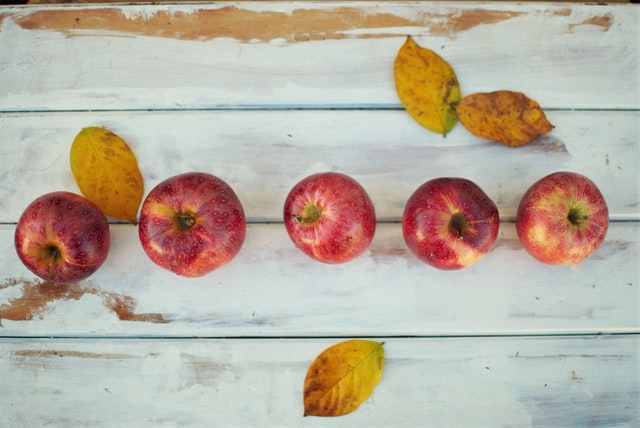With the allergy season fast approaching, many of us are not looking forward to red noses, sore eyes and plenty of phlegm. But did you know that there are a bunch of natural antihistamines you can take that reduce allergy symptoms? It turns out that there are – and they’re just regular items you might find in your pantry.
Quercetin
Quercetin is a health-promoting compound found in fruits and veggies. Researchers believe that it has all kinds of beneficial effects on the body – including clearing out zombie cells.
Research, however, also shows that the compound is a powerful antihistamine. In animal studies, for example, giving it to mice reduces their airway inflammation. There is also some evidence that it can combat allergic rhinitis.
If you already eat a lot of fruit and veg, you’re probably already getting a reasonable amount of quercetin naturally in your diet. You can find it in high concentrations in:
- Black tea
- Broccoli
- Apples
- Red onions
- Peppers
- Berries
- Grapes
- Green tea
You can also take quercetin supplements. However, if you choose to go down this route, make sure that you take them with a source of fat, such as a teaspoon of almond butter. This way, the compound will get into your system instead of flushing through the bowel.

Probiotics
Probiotics are supplements or foods that contain live bacteria cultures, designed to support gut health.
Traditionally, people only ate probiotics in the form of yogurt. But today, there are many other fermented foods on the market that can adjust your gut flora composition. Examples include kimchi, kefir and sauerkraut. Eating these foods in small amounts provides billions of bacteria to your gut, many of which will make it down to your colon and help you reestablish balance.
Probiotics help to boost the immune system too. And that can change how you react to particles in the air, such as pollen. Many people experience a reduction in allergy severity when they start eating these foods and change their gut bacteria makeup.
Bromelain
The Sinus & Allergy Wellness Center says that multiple species of plant, such as desert broom and Chinese elm can create allergic reactions. But there may be other plants that help to combat this. Take bromelain, for instance, an enzyme found in pineapple juice. Research shows that it might be able to reduce allergic sensitization thanks to its anti-inflammatory properties.
However, it comes with a few caveats. For instance, you may have an adverse reaction to it if you have digestive upset or increased heart rate. You may also want to avoid it if you are going through changes in menstruation.

High Vitamin C Plants
Lastly, you might want to consider upping your intake of naturally-derived vitamin C. There’s evidence that consuming plants high in this essential compound reduces allergy symptoms and can even help you get through peak allergy season unscathed.
Studies, for instance, show that getting around two grams of the vitamin per day acts like a natural antihistamine. High vitamin C foods include bell peppers, kiwi fruit, broccoli, strawberries and citrus fruits.
*collaborative post

































